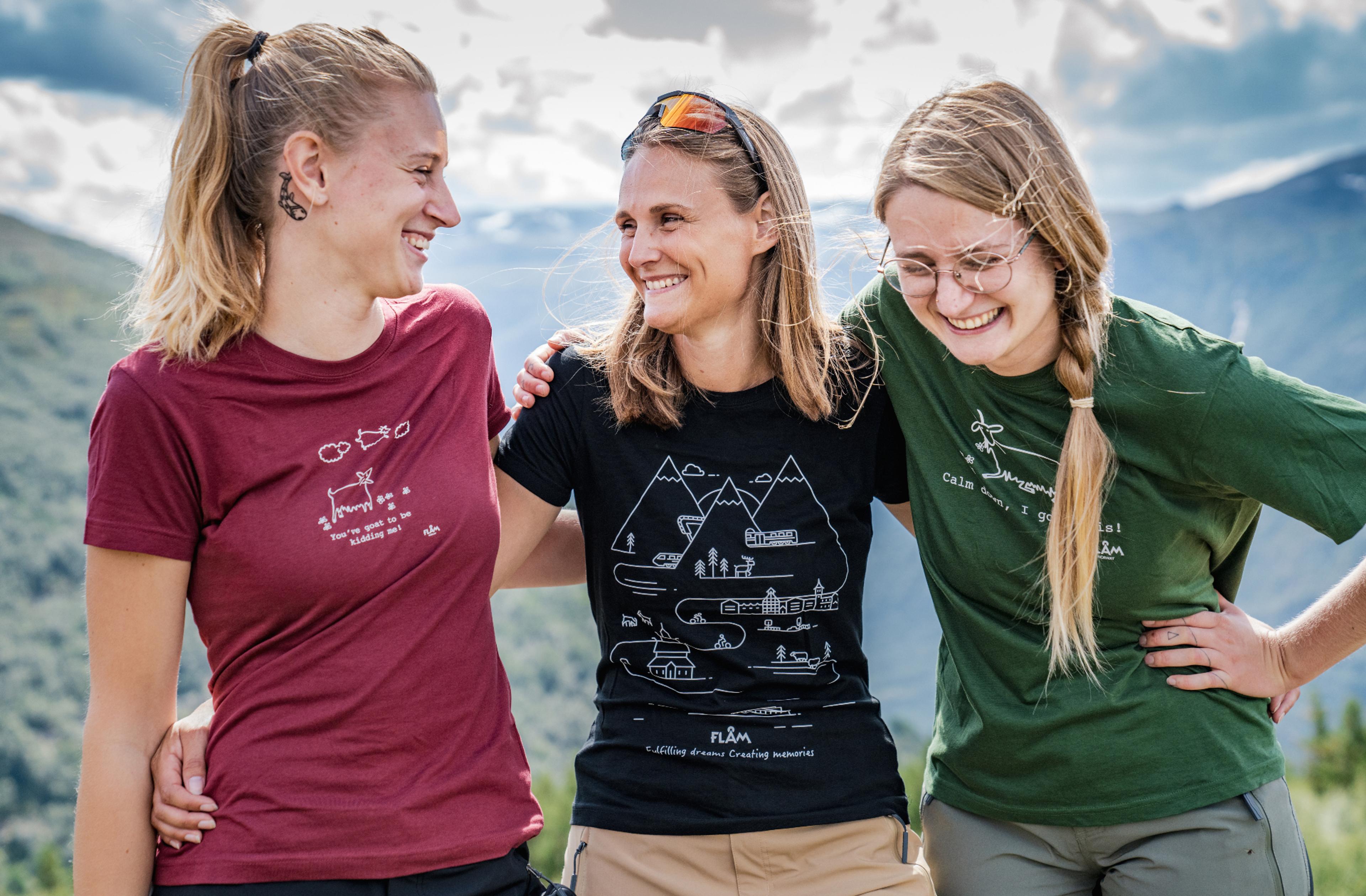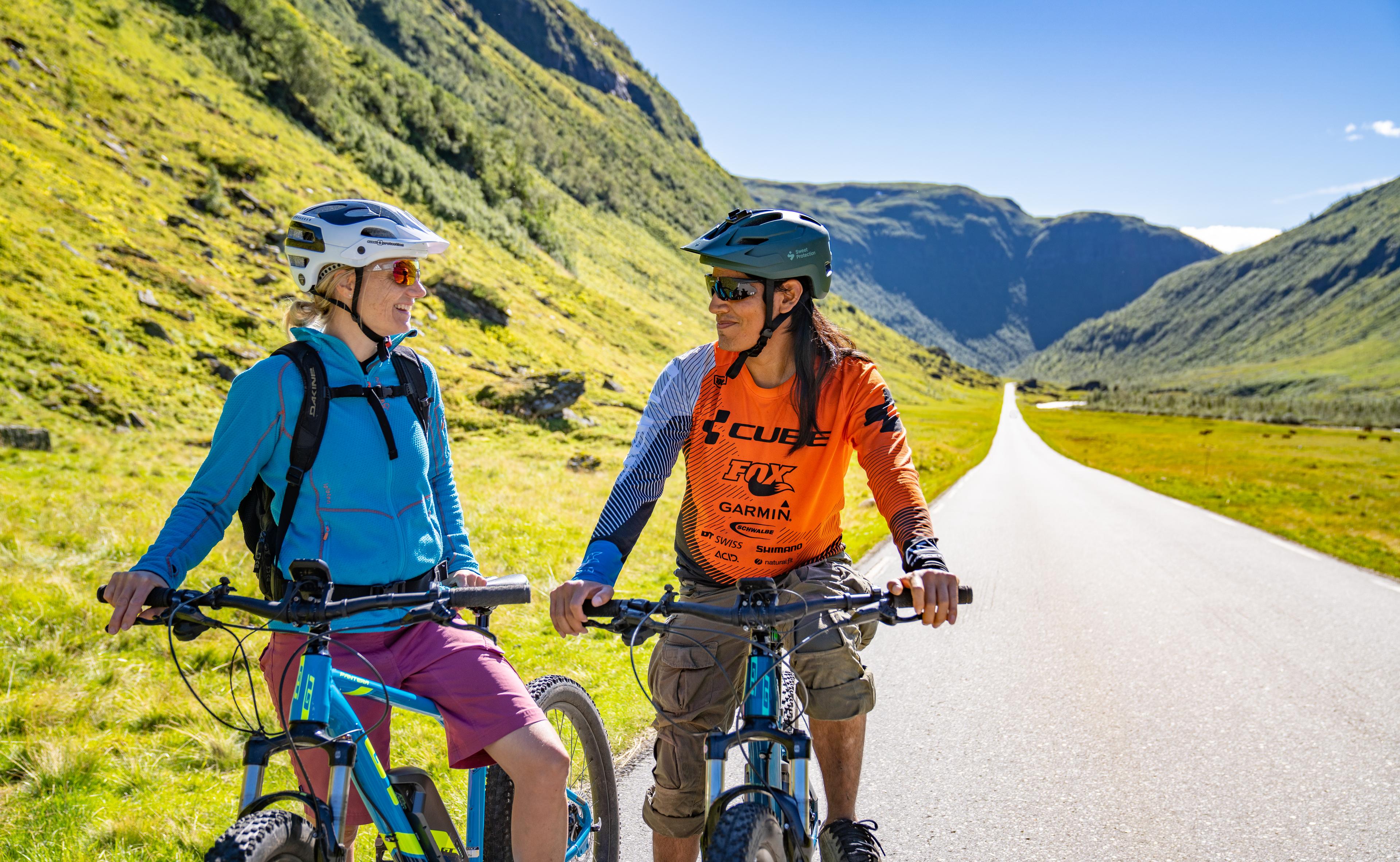
Fly fishing for beginners: Learn the sport in 1-2-3
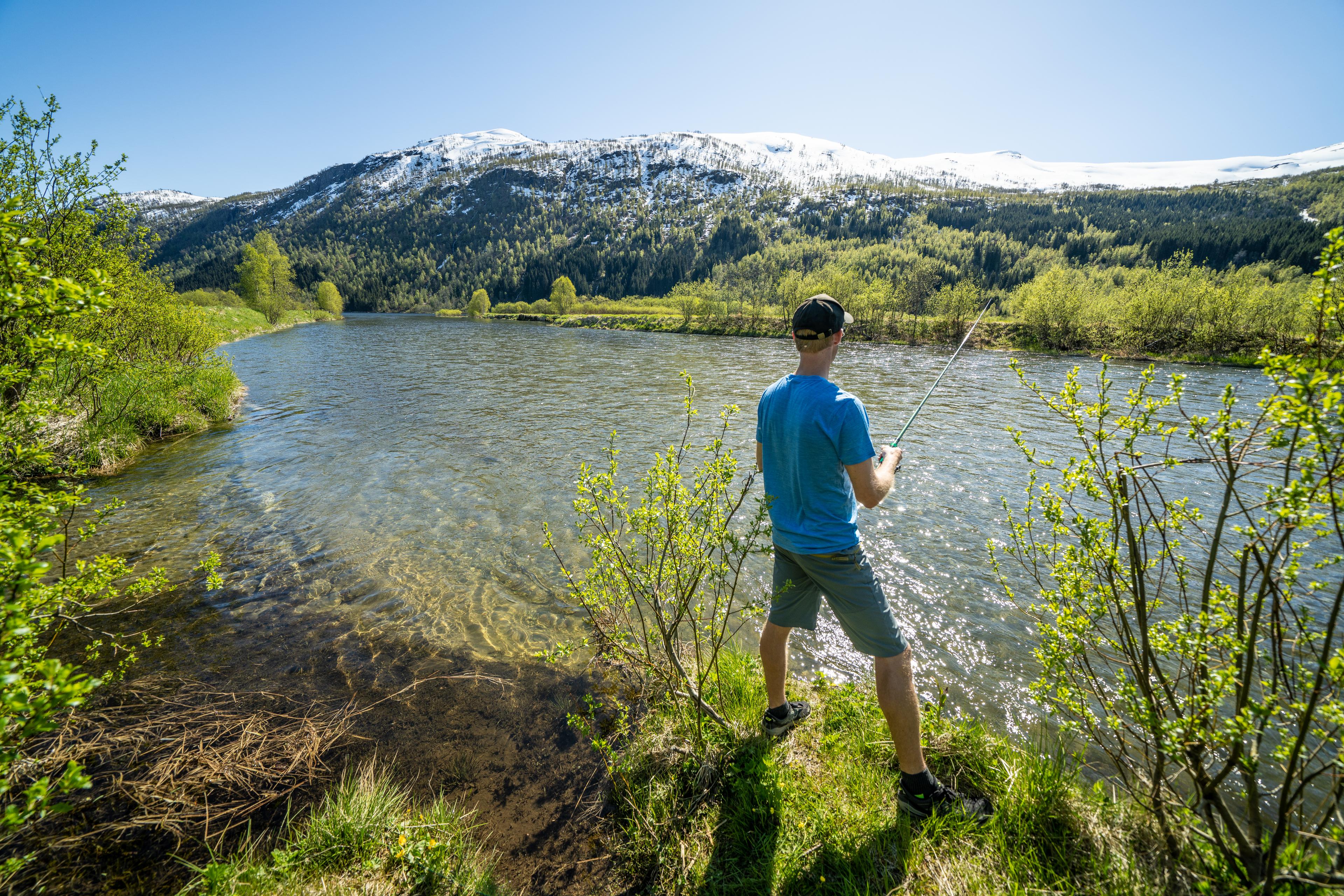
For many, fly fishing is pure meditation and a wonderful way to connect with nature. Getting the hang of the casting technique right from the start makes the experience even more enjoyable.
The sport is suitable for all ages and can be enjoyed in nearly any weather. The season lasts almost year-round; as long as the fishing waters or rivers are not frozen, you can fish with rod and fly. Here are three tips to help you get started with this type of sport fishing.
In Voss, the fly fishing season runs from May through September.
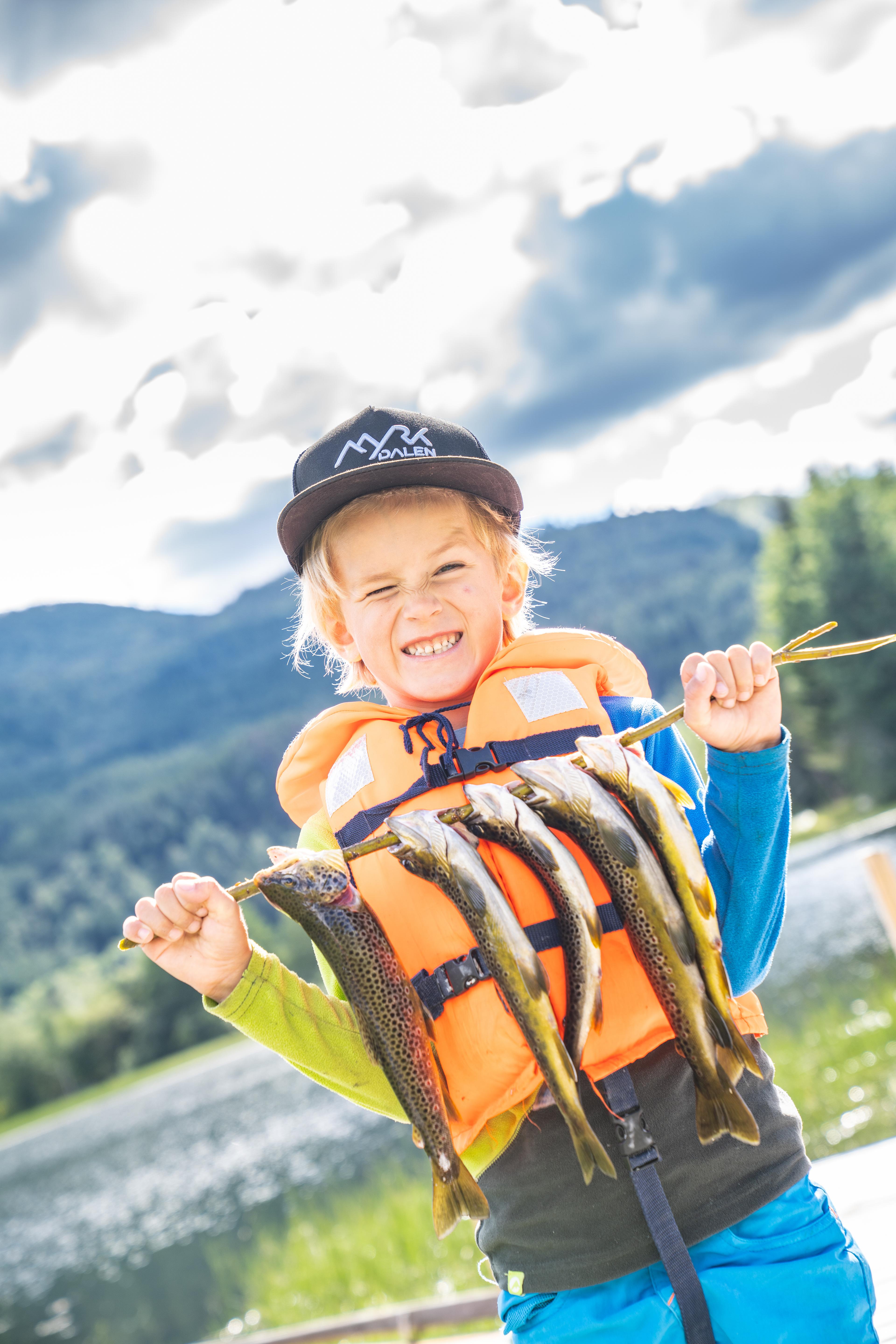
Fishing in Voss
Here you can fish in more than 500 fishing lakes and rivers.
1. Learn the technique
The main difference between fly fishing and fishing with a lure is the equipment and technique. Without proper casting skills, you’re unlikely to enjoy this sport much. Save yourself a lot of frustration by learning the casting technique first. Once you’ve mastered that, and also understand insects and fish movements better, your fishing experience will improve. Fly casting courses are suitable for ages 10 and up, making the sport family-friendly.
2. Get your gear
Fly fishing doesn't have to be an expensive sport. If you invest in a gear package with a rod, reel, floating line, and possibly waders and boots, you'll have equipment that will last for a long time.
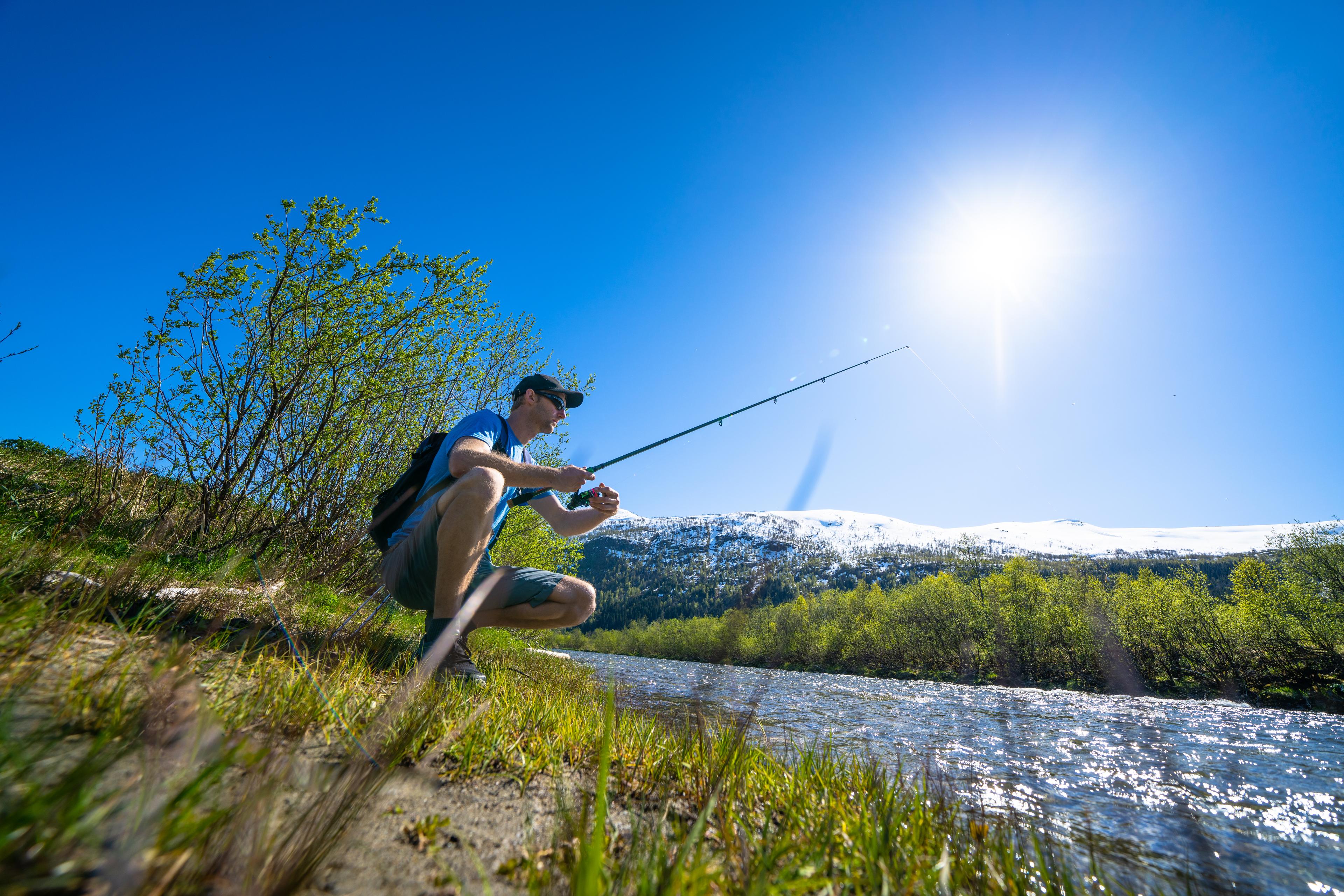
3. Get a fishing license
Outdoor recreation is an integral part of Norwegian cultural heritage. The Norwegian concept of everyone's "right to roam" (Allemannsretten) reflects this cultural idea. It allows you to fish and harvest from nature in Norway, but fishing in lakes and rivers requires a fishing permit. You can access more than 500 fishing lakes and rivers with the Voss card in your pocket. However, if you want to fish in Vikafjell and Myrkdalen, these areas have special fishing permits. Fishing permits can be purchased at Myrkdalen Hotel or on inatur.no.
Did you know that...
...fly fishing is based on imitating the fish's natural food, such as insects and other prey? There is usually a distinction between dry and wet flies as well as nymph imitations. With dry flies, fishing takes place on the water's surface, while fishing with a wet fly happens below the surface as they often imitate fish fry and swimming insects.
